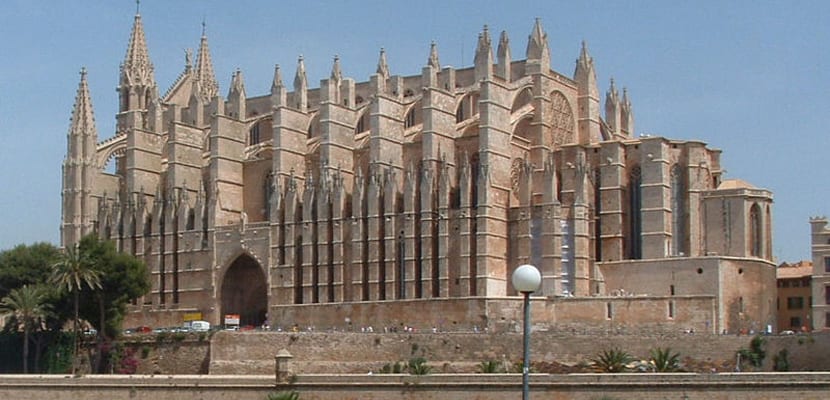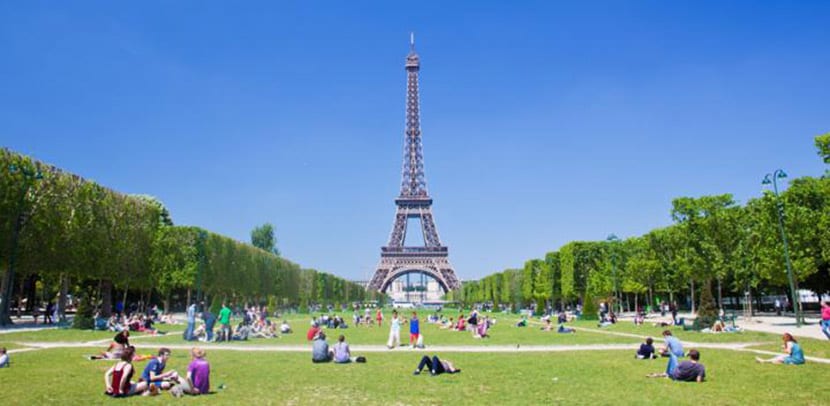
During the month of July, Barcelona approved a new tourist tax for excursions, which will be added to those already applied in hotel establishments and cruises. Either due to the attempts of the city council to protect the City of Barcelona from tourist overcrowding or due to the desire to collect money, the truth is that they are trying to adopt measures for responsible tourism, just as the local government of Venice is going to regulate access to St. Mark's Square from 2018.
But how does the so-called tourist tax affect tourists? When paying for our vacations we can find ourselves in the final invoice with a higher price due to this rate. Do not miss the next post where we will talk about what the tourist tax is, why it is applied and which destinations include it.
Barcelona or Venice are not the only European cities that apply the tourist tax. In many destinations around the world they are already applied, such as Brussels, Rome, the Balearic Islands, Paris or Lisbon.

What is the tourist tax?
It is a tax that each traveler must pay when visiting a specific country or city. This tax is usually charged when booking a plane ticket or at the accommodation, although there are other formulas.
Why do we have to pay the tourist tax?
The city councils and governments apply the tourist tax in order to have a fund destined to measures for the promotion of tourist infrastructures and activities, development and preservation. In other words, heritage conservation, restoration works, sustainability, etc. In short, the tourist tax is a tax that must be positively reversed in the city that is being visited.

Tourist rates in detail
Air taxes
When you book a flight, the airline charges us a series of fees to cover safety and fuel costs. They are usually included in the final price of the ticket and tax the use of airport facilities and air transport.
On the other hand, there is another tax that is applied to travelers who leave a country. They are known as exit fees and are applied in countries such as Mexico, Thailand or Costa Rica.
Fees per stay
This tourist tax is levied on stays in hotels and tourist accommodation (including homes for holiday use) and is broken down within the hotel bill or is charged separately, although in any case it is subject to VAT (reduced rate 10%). Tourist establishments collect it and then settle it quarterly with the corresponding tax agency.
In Spain, each autonomous community has its own regulation regarding the tourist tax, but they coincide in allocating the collection to a fund for sustainable tourism.e that allows the protection, maintenance and promotion of tourist assets and the infrastructure necessary for their exploitation. In short, they are used to provide feedback and promote the sector.
Tourist taxes in Europe
Spain

In Spain at the moment only tourist tax is paid in Catalonia and the Balearic Islands. In the first community, it is applied in hotels, apartments, rural houses, campsites and cruises. The amount varies between 0,46 and 2,25 euros per person per day depending on the location of the establishment and its category.
In the second community, the tourist tax applies to cruise ships, hotels, hostels and tourist apartments. The tax is priced between 0,25 and 2 euros per visitor and night depending on the category of accommodation. During the low season the rate is reduced, as well as for stays longer than eight days.
Other countries in Europe
More than half of the European countries already apply the tourist tax to promote the sector. Some of them are the following:
Italy

- Rome: In 4 and 5 star hotels you pay 3 euros while in the rest of the categories you pay 2 euros per person and night. Children under 10 years old do not have to pay this fee.
- Milan and Florence: The tourist tax of 1 euro per person and night is applied for each star that the hotel has.
- Venice: The amount of the tourist tax varies depending on the season, the area in which the hotel is located and its category. In high season 1 euro night and star are charged on the island of Venice.
France

The tourist tax in France applies throughout the country and varies between 0,20 and 4,40 euros depending on the category of the hotel or the price of the rooms. For example, an extra 2% is charged for stays whose price exceeds 200 euros.
Belgium

The tourist tax in Belgium depends on the town and the category of the establishment. In Brussels it is higher than in the rest of the country and ranges between 2,15 euros for 1-star hotels and 8 euros for 5-star hotels, per room and per night.
Portugal

In the capital, Lisbon, the tourist tax is 1 euro for each visitor staying in any hotel or establishment. It is applicable only in the first week of stay in the city. Children under 13 years old do not pay it.